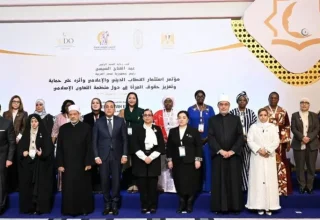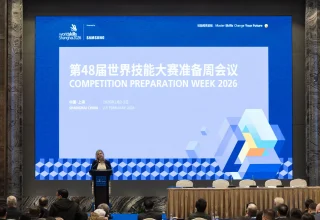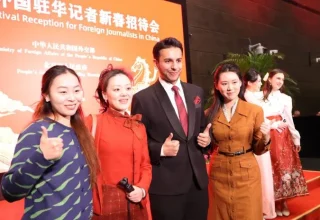
The Supreme Court of Pakistan has remanded the long-running sugar cartel case back to the Competition Appellate Tribunal (CAT) for fresh proceedings, directing it to decide the matter afresh after giving all parties a full right of hearing.
The decision came on appeals filed by the Pakistan Sugar Mills Association (PSMA) and others against a CAT judgment that had annulled the Competition Commission of Pakistan (CCP) Chairperson’s use of a casting vote in adjudicatory proceedings.
In its detailed order authored by Justice Shakil Ahmed, the Supreme Court upheld the Tribunal’s finding that the CCP Chairperson cannot exercise a casting vote in quasi-judicial matters, terming such use inconsistent with Article 10-A of the Constitution guaranteeing fair trial.
However, to the extent of CAT’s direction for rehearing by the CCP Chairperson or any other member and instead ordered the Tribunal to itself hear and decide the appeals within 90 days, Supreme Court set aside the direction.
The Court held that Section 24(5) of the Competition Act, which allows a casting vote, applies only to administrative or internal matters of the Commission and not to its adjudicatory proceedings.
The sugar cartel case began with a CCP inquiry into the increase in sugar prices in 2020. The inquiry found that several major sugar mills had formed a cartel and manipulated prices. The Commission imposed heavy penalties worth billions of rupees.
In 2021, a four-member CCP bench gave a split decision — two members upheld the penalties, while two disagreed. To break the tie, the Chairperson used a casting vote to support the penalties.
The Pakistan Sugar Mills Association (PSMA) and other mills challenged this decision before the Competition Appellate Tribunal. In May 2025, the Tribunal ruled that the Chairperson could not use a casting vote in such proceedings and set aside the decision. Both sides later appealed to the Supreme Court.
The Supreme Court has now sent the case back to the Tribunal for a fresh hearing and final decision.






































